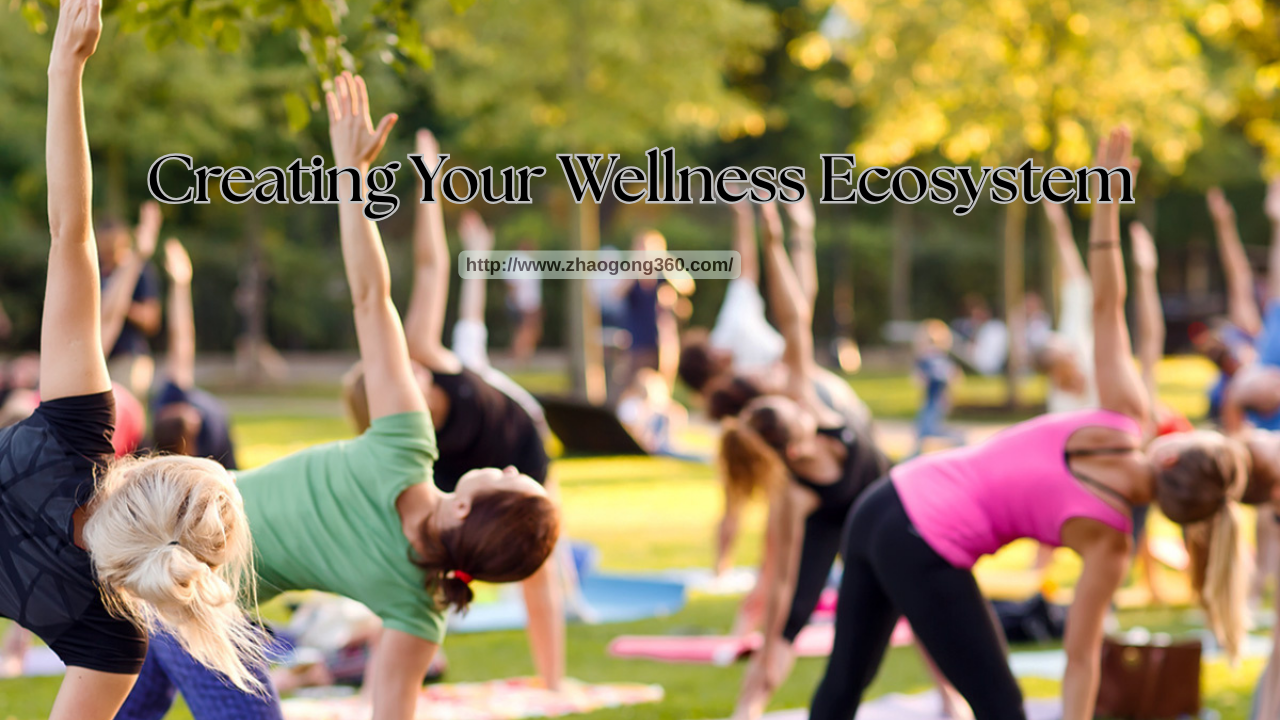 True wellness is not a one-size-fits-all journey. For individuals navigating addiction recovery or mental health challenges, lasting wellbeing requires more than just treatment sessions or temporary lifestyle changes. It calls for the creation of a personal wellness ecosystem: a balanced network of physical, emotional, mental, and spiritual practices that work together to support sustainable health. By building a system that reflects your unique needs, you can create a path to long-term recovery and complete wellbeing.
True wellness is not a one-size-fits-all journey. For individuals navigating addiction recovery or mental health challenges, lasting wellbeing requires more than just treatment sessions or temporary lifestyle changes. It calls for the creation of a personal wellness ecosystem: a balanced network of physical, emotional, mental, and spiritual practices that work together to support sustainable health. By building a system that reflects your unique needs, you can create a path to long-term recovery and complete wellbeing.
What Is a Wellness Ecosystem?
A wellness ecosystem is the intentional structure of practices, relationships, and resources that foster overall health. Just as a natural ecosystem thrives when all parts are in balance, your personal wellbeing grows stronger when different aspects of your life are aligned. In addiction recovery, this approach is especially powerful because it addresses not only the physical side of healing but also the mental, emotional, and spiritual layers that influence lasting change.
Building Blocks of a Personalized Wellness Ecosystem
Mental and Emotional Care
A strong wellness foundation begins with mental and emotional health. Counseling, therapy, and support groups provide safe spaces to process emotions, manage triggers, and develop resilience. Cognitive behavioral therapy, trauma-informed care, and peer support are proven tools that help individuals strengthen their emotional stability and protect against relapse.
Physical Health and Recovery
Physical wellbeing plays a critical role in addiction recovery. Nutrition, hydration, and consistent movement give the body what it needs to repair and sustain itself. Whether it is regular exercise, mindful stretching, or restorative sleep, caring for the body strengthens both recovery outcomes and overall quality of life.
Spiritual and Holistic Support
Many people find meaning and strength in holistic or faith-based approaches. Practices such as meditation, prayer, yoga, or art therapy can deepen inner peace and provide a sense of purpose. Faith-based programs also offer a supportive community that fosters accountability and hope, reinforcing the recovery journey with spiritual resilience.
Strategies for Personalizing Your Wellness Ecosystem
Identify Individual Needs
Every recovery journey is unique. Begin by identifying areas where you need the most support, whether it is managing anxiety, improving physical health, or building stronger relationships. By focusing on personal needs, you can design a plan that feels realistic and sustainable.
Create Daily Rituals
Consistency is key to long-term wellbeing. Simple routines like morning mindfulness, journaling, or evening gratitude exercises can anchor your day and provide stability. Over time, these small rituals build powerful habits that become the foundation of your wellness ecosystem.
Seek Professional and Community Support
Addiction recovery and mental health treatment are not journeys to walk alone. Professional guidance through inpatient or outpatient care, combined with peer and community support, ensures accountability and access to effective tools. Surrounding yourself with compassionate professionals and supportive peers creates a network that strengthens recovery.
Why a Wellness Ecosystem Matters in Recovery
Recovery is not just about breaking free from addiction; it is about creating a life where health and balance can thrive. A personalized wellness ecosystem helps prevent relapse, reduces stress, and builds resilience. More importantly, it empowers individuals to take ownership of their healing, making recovery not just a phase but a way of life.
Your Path to Complete Wellbeing
Creating your wellness ecosystem means building a framework that supports your unique journey toward health and recovery. By aligning mental, physical, and spiritual care, you give yourself the best chance at long-term success and a fulfilling life.
If you or a loved one are ready to design a personalized path to complete wellbeing, professional support is available. Reach out today to begin building your ecosystem of healing and discover how recovery can transform into a life of balance, strength, and purpose.
